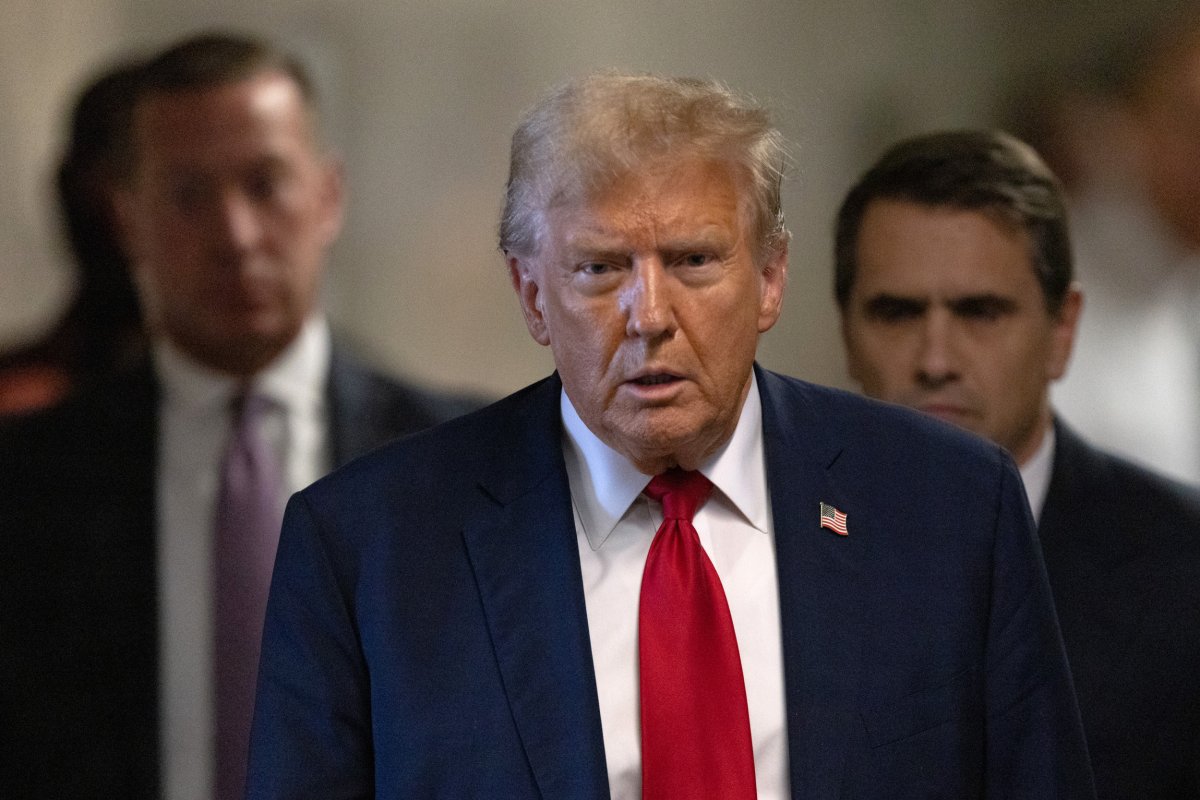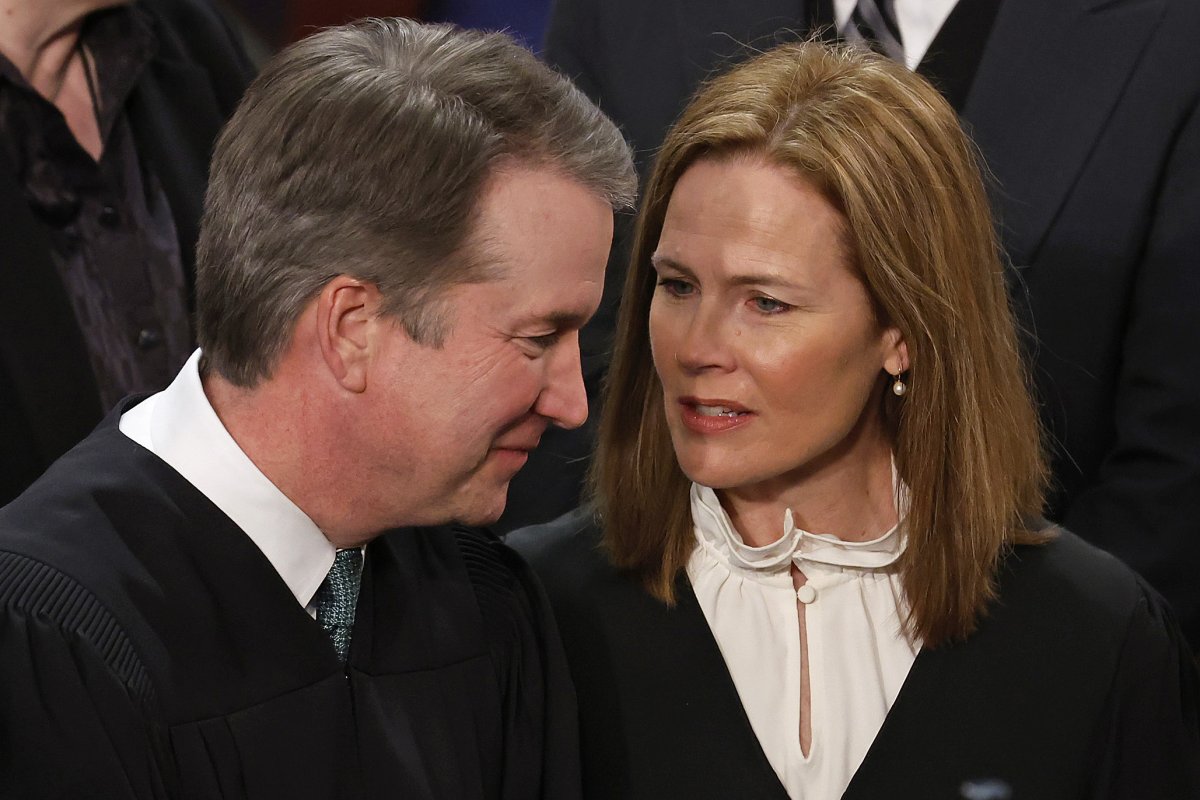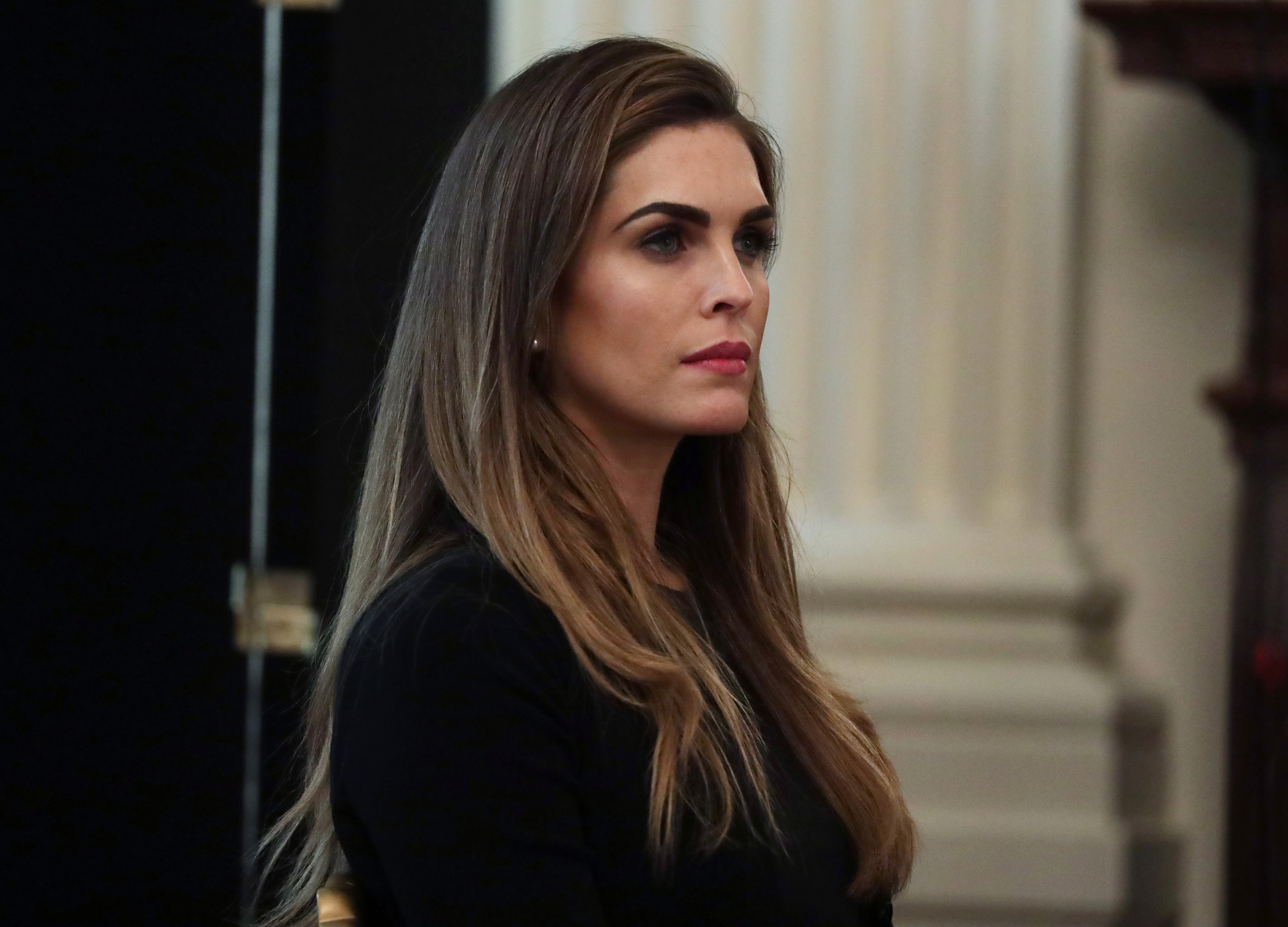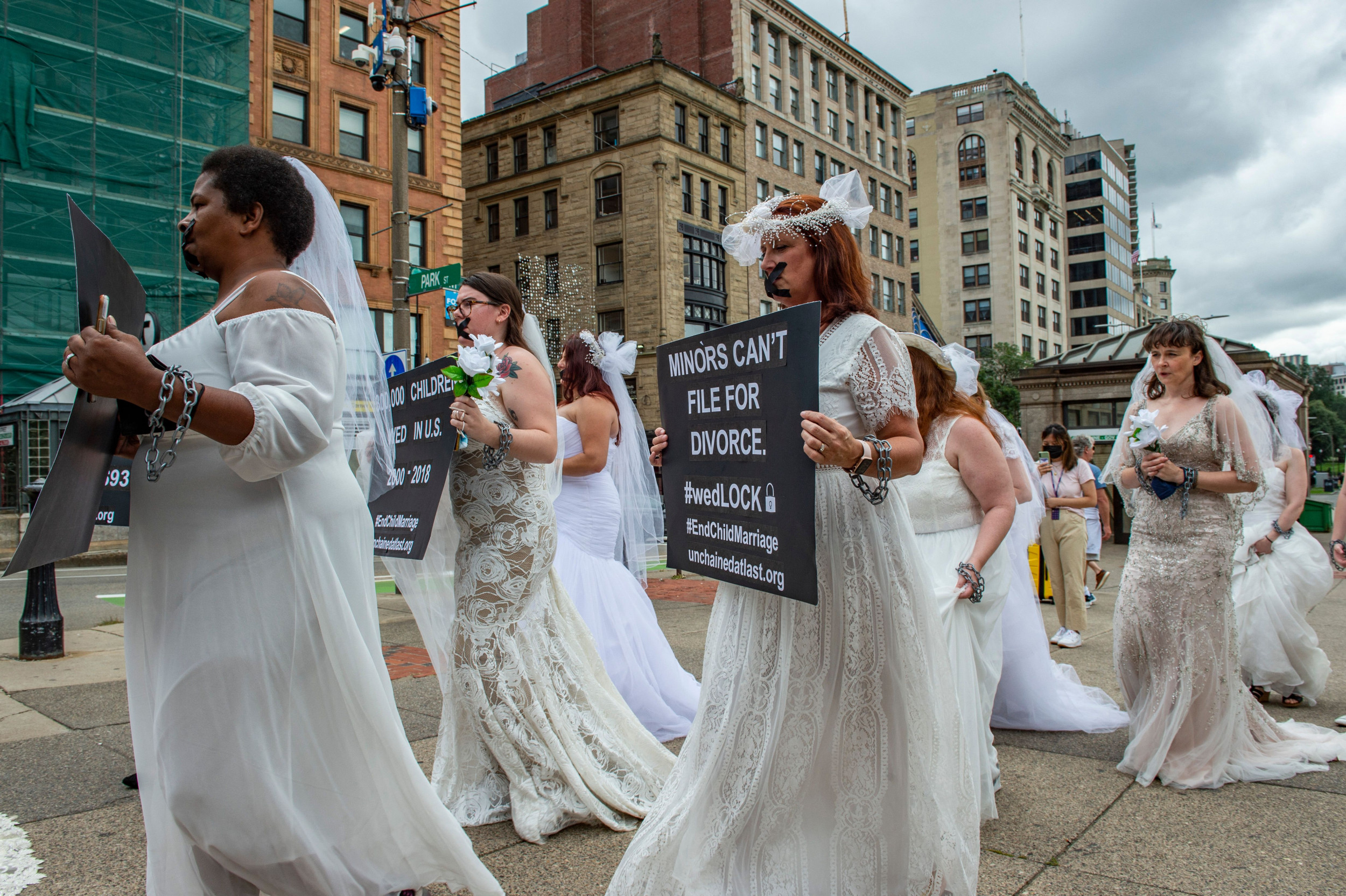Supreme Court Justice Brett Kavanaugh has described President Gerald Ford's pardon of Richard Nixon as "one of the better decisions in presidential history"—drawing the ire of legal analysts.
Kavanaugh made his comments in the Supreme Court on Thursday, during oral arguments in Donald Trump's presidential immunity challenge to his election fraud case in Washington, D.C. Kavanaugh, a Trump appointee, appeared to be creating space for the idea that Trump could be granted immunity in the way Nixon was pardoned for crimes committed during the Watergate scandal.
While asking questions of Michael Dreeben, an attorney for Trump prosecutor Jack Smith, Kavanaugh remarked:
"How about President Ford's pardon? Very controversial in the moment. Hugely unpopular, probably why he lost in '76. Now looked upon as one of the better decisions in presidential history I think by most people. If he's thinking about 'if I grant this pardon to Richard Nixon, could I be investigated myself for obstruction of justice on the theory that I'm interfering with the investigation?"

Dreeben replied that the pardon would fall into the small area of presidential responsibilities for which Congress can't legislate, in contrast to the presidential immunity that Trump is seeking.
Eric Lisann, a lawyer and former federal prosecutor, wrote on X, formerly Twitter, on Thursday that the Nixon pardon has given Trump the belief that he is immune from prosecution.
"One of the many jarring observations floated by some Supreme Court Justices at oral argument on immunity was the one by Brett Kavanaugh that Ford's decision to pardon Nixon looks better and better as time goes on. In fact, many historians and observers attribute that pardon to Trump's present sense of actual immunity," Lisann wrote.
Adam Cohen, vice chair of Lawyers for Good Government, expressed his anger at Kavanaugh's comments on Friday.
"As a young lawyer, Brett Kavanaugh was part of Ken Starr's team that investigated Bill Clinton. He's a political hack. He's always been a political hack. He'll always be a political hack," he wrote.

Nixon resigned as president as a result of the Watergate hotel burglary scandal, in which Republican operatives broke into the Democratic Party headquarters to gain information. His successor as president, Gerald Ford, granted Nixon immunity to prevent his criminal prosecution.
Trump was indicted on four counts of allegedly working to overturn the results of the 2020 election in the run-up to the January 6, 2021 riot at the U.S. Capitol. It is one of four criminal cases that Trump is facing while he campaigns as the presumptive Republican candidate in the 2024 presidential election.
He has also pleaded not guilty to charges in the other cases, denying any wrongdoing, and has repeatedly said that they form part of a political witch hunt.
The case has been frozen while the Supreme Court considers the presidential immunity issue.
Newsweek sought email comment on Friday from Donald Trump's attorney and from Kavanaugh's office.
California-based lawyer Ted Gehring included an audio clip of Kavanaugh's comments on X and questioned their relevance to the Trump case. "Once again: it's only oral argument, but where and how does this fit into the constitutional question the court has to decide?" Gehring wrote.
Ray Brescia, a law professor at Albany law school in New York, told Newsweek that Amy Coney Barrett, also a Trump appointee, was angling for a Nixon analogy to Trump in a previous Supreme Court decision.
In that previous case, the Supreme Court ruled that Colorado and other states could not remove Trump from the ballot. Colorado had argued that Trump's alleged encouragement of the January 6 riot at the Capitol building showed that he was an insurrectionist under the 14th amendment and should therefore not be allowed to run for federal office.
"Justice Amy Coney Barrett issued a concurring opinion in that case which indicates that at least she appears ready to say that Americans should put all of this January 6th nastiness behind us, for the good of the nation, in a very Ford-Pardoning-Nixon sort of way," Brescia said.
"But that's not really the Supreme Court's call. It has no pardon power. It cannot, on its own, say the president is immune without some grounding in the Constitution or some other source. There is none."
Uncommon Knowledge
Newsweek is committed to challenging conventional wisdom and finding connections in the search for common ground.
Newsweek is committed to challenging conventional wisdom and finding connections in the search for common ground.
About the writer
Sean O'Driscoll is a Newsweek Senior Crime and Courts Reporter based in Ireland. His focus is reporting on U.S. law. ... Read more
To read how Newsweek uses AI as a newsroom tool, Click here.








